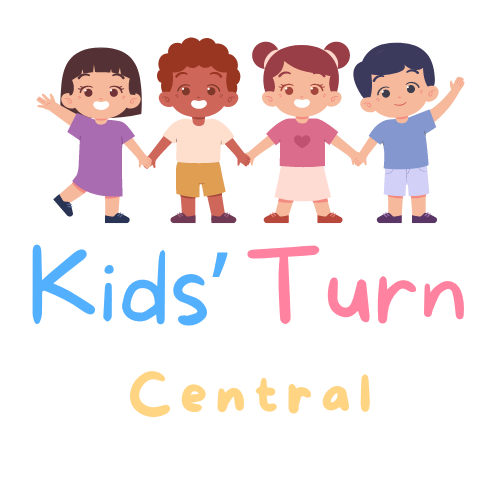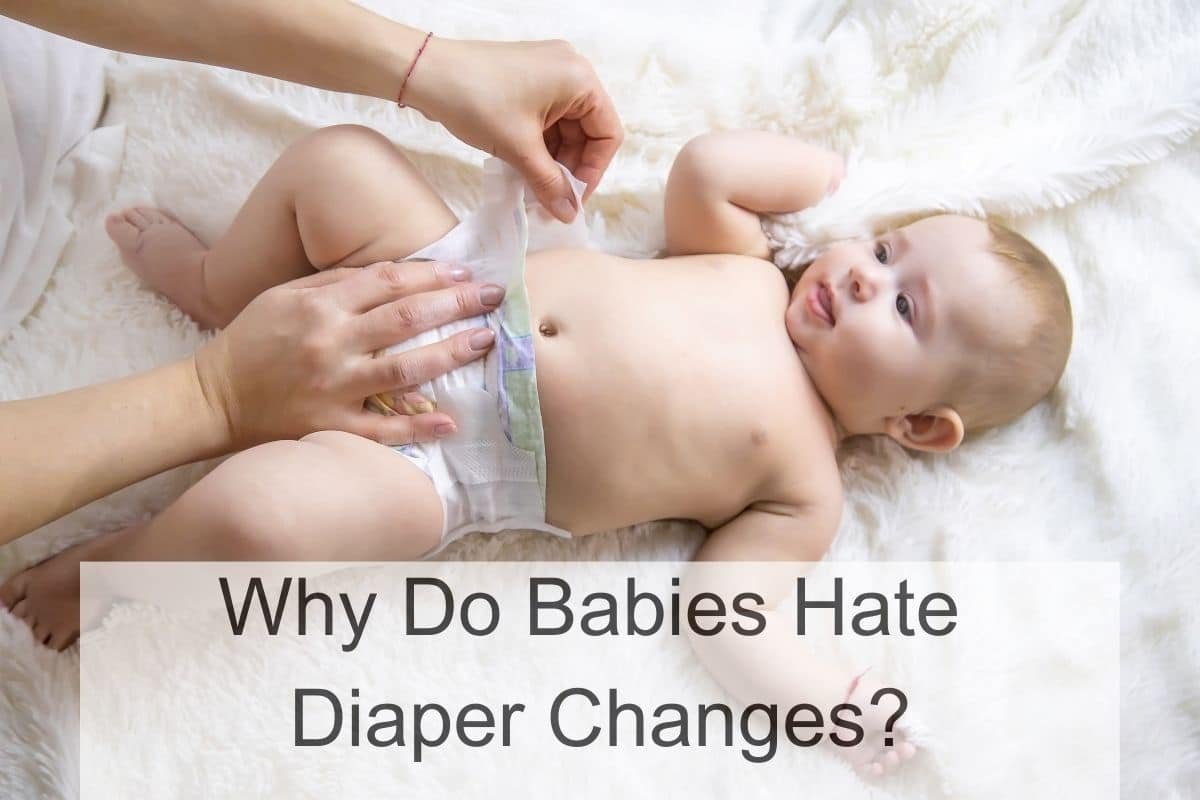As a parent, I have experienced my fair share of diaper changes with my little one. However, I have noticed that sometimes she can become fussy and agitated during diaper changes, making the process more challenging than it needs to be. This got me thinking, why do babies hate diaper changes?

One potential reason is that babies are uncomfortable during diaper changes. The cold air can make them feel chilly, and the act of being undressed and redressed can be unsettling. Additionally, diaper rash can cause discomfort and pain, making the process of changing a diaper unpleasant for babies.
Another reason could be that babies simply do not like being restrained. As they grow and become more mobile, they may feel frustrated when they are unable to move around freely during diaper changes. Plus, they may be in the middle of playtime or another activity, and having to stop for a diaper change can be frustrating for them.
Understanding Baby Discomfort

As a parent, it can be frustrating when your baby suddenly hates diaper changes. However, it’s important to understand that there are many reasons why babies may become upset during this process. In this section, I will discuss some of the common causes of baby discomfort during diaper changes.
Sensory Overload
Babies have very sensitive skin, and the feeling of a wet or dirty diaper can be overwhelming for them. Additionally, the process of changing a diaper can involve a lot of movement and noise, which can also be overwhelming. In some cases, babies may become overstimulated and begin to cry or fuss.
To minimize sensory overload, I try to keep the diaper changing area as calm and quiet as possible. I also try to change my baby’s diaper as soon as I notice that it’s wet or dirty, so that they don’t have to sit in discomfort for too long.
Temperature Sensitivity
Babies are also very sensitive to changes in temperature, and the feeling of being undressed during a diaper change can be uncomfortable for them. Additionally, cold wipes or diaper cream can also be uncomfortable.
To minimize temperature sensitivity, I try to keep the diaper changing area warm and comfortable. I also warm up wipes and diaper cream in my hands before using them, so that they’re not too cold for my baby.
Exploring Developmental Stages
As a parent, I know that diaper changes can be a challenge, especially when your baby suddenly starts to hate them. One possible reason for this is that your baby is going through different developmental stages. Here are some of the stages that might affect your baby’s attitude towards diaper changes:
Cognitive Awareness
At around 6 to 8 months old, your baby’s cognitive awareness starts to develop. They become more aware of their surroundings and may start to recognize different objects and people. This newfound awareness can make diaper changes challenging because your baby may become more curious about their environment and less interested in staying still for a diaper change. To help with this, you can try distracting your baby with toys or singing songs to keep them entertained during the diaper change.
Physical Growth
Another reason why your baby might suddenly hate diaper changes is due to physical growth. As babies grow, they become more mobile and may start to resist being still for a diaper change. They may also become more sensitive to touch, especially in areas where the diaper is tight or rubbing against their skin. To help with this, you can try using a different brand or size of diaper that fits your baby more comfortably.
Identifying Behavioral Cues
As a caregiver, it is important to be able to identify the behavioral cues of your baby during diaper changes. This can help you understand why your baby may be resisting or crying during the process.
Stress Signals
One common reason why babies may hate diaper changes is because they feel stressed. Stress signals can include crying, arching their back, and fussiness. If you notice your baby displaying these behaviors during diaper changes, it may be helpful to try and create a more calming environment. This can be done by using a soft and comforting voice, playing soothing music, or even using a special toy or blanket that your baby associates with comfort.
Seeking Attention
Another reason why babies may resist diaper changes is because they are seeking attention. This can be especially true for older babies who are more aware of their surroundings and may prefer to be playing or exploring. If you notice your baby displaying behaviors such as grabbing at your clothes or reaching for toys during diaper changes, it may be helpful to try and involve them in the process. This can be done by giving them a toy to play with, singing a song, or even allowing them to hold onto a clean diaper while you are changing them.
Considering Environmental Factors
As a parent, I know that diaper changes can be challenging, especially when your baby suddenly hates them. However, understanding the environmental factors that contribute to this behavior can help you make necessary changes to make diaper changes more enjoyable for your baby. Here are some environmental factors to consider:
Surrounding Environment
The surrounding environment can play a significant role in your baby’s behavior during diaper changes. Babies are sensitive to changes in temperature and lighting, so it’s essential to make sure the diaper changing area is comfortable and well-lit. You can also try adding some fun distractions, such as toys, to keep your baby entertained.
Routine and Predictability
Babies thrive on routine and predictability, so it’s essential to establish a consistent diaper changing routine. Try to change your baby’s diaper at the same time each day so that your baby knows what to expect. You can also try using a special diaper changing song or game to make the experience more enjoyable.
Improving Diaper Change Experience
As a parent, I understand how challenging it can be to change a baby’s diaper, especially when they start to resist it. However, there are a few things that I have found to be helpful in improving the diaper change experience.
Engagement and Distraction
One of the best ways to make diaper changes easier is to engage and distract your baby. You can use toys, books, or even sing a song to keep them entertained while changing their diaper. I found that using a Baby Einstein musical fish tank toy during diaper changes helped to keep my baby entertained and distracted.
Comfort and Reassurance
Another way to improve the diaper change experience is to provide comfort and reassurance to your baby. You can do this by talking to them in a calm and soothing voice, and by using gentle touches and caresses. Using a soft and warm cloth to wipe their bottom can also help to make them feel more comfortable during the process.
Choosing the Right Products
Diaper Types and Fits
When it comes to diaper changes, the type and fit of the diaper can make a big difference. Disposable diapers are convenient, but they may not fit your baby’s body type as well as cloth diapers. Cloth diapers can be adjusted to fit your baby’s body, and they are also better for the environment. Make sure you choose a diaper that fits snugly but is not too tight, as this can cause discomfort and even lead to diaper rash.
Skin Care Products
In addition to choosing the right diaper, it’s important to use skin care products that are gentle on your baby’s delicate skin. Look for products that are free of harsh chemicals and fragrances. A simple wipe with warm water and a soft cloth may be all your baby needs, but if you do use wipes, choose ones that are alcohol-free and hypoallergenic. Applying a diaper cream or ointment can also help prevent diaper rash and soothe irritated skin.

